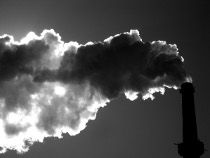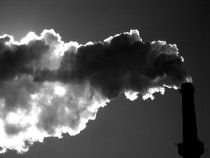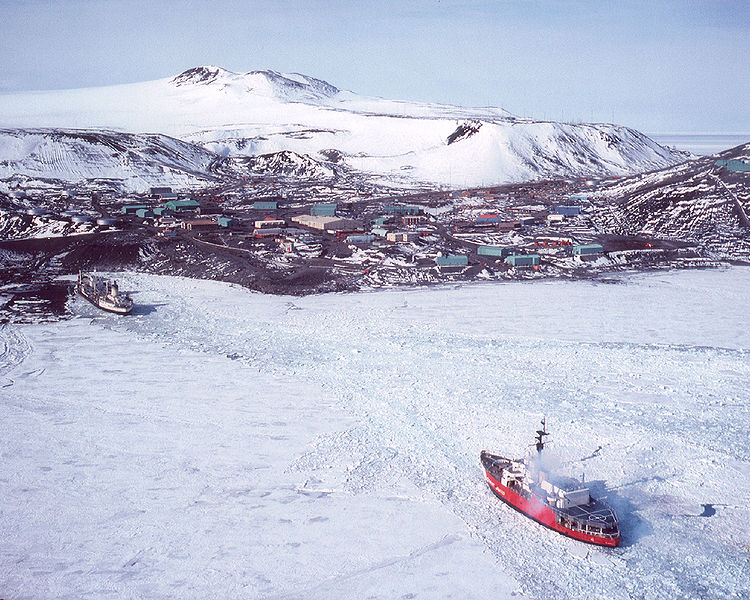Climate Change report highlights both threats and opportunities for the UK
The UK government’s first comprehensive assessment of climate change has highlighted both the threats and opportunities arising from an unprecedented rise in global temperatures.


The UK government’s first comprehensive assessment of climate change has highlighted both the threats and opportunities arising from an unprecedented rise in global temperatures.
The UK Climate Change Risk Assessment (CCRA) warns of how Britons could be put at greater risk from adverse flooding, heatwaves and water shortages if notions to combat climate change are not put into action. However, the report also claims that temperature rises could be beneficial in providing previously inaccessible Arctic shipping lanes, fewer cold-related deaths in winter months and notably higher crop yields. 
The report, produced by the Department for Environment, Food and Rural Affairs (Defra), reviewed the evidence for over 700 potential impacts of climate change in a UK context. It included detailed analysis, undertaken for over 100 impacts across 11 key sectors, including agriculture, flooding and transport, on the basis of their likelihood, the scale of their potential consequences and the urgency with which action may be needed to address them.
“Producing the CCRA has involved a high degree of consultation and review,” said Defra. “The outputs provide an evidence base that can be used by central Government and Devolved Administrations in identifying priorities for action and appropriate adaptation measures that will be required to minimise risks to our economy, environment and society. Although the primary customer for this work is central Government and the Devolved Administrations, the outputs from the CCRA are also of value to other public and private sector organisations.”
.jpg)
In compiling the report, the environment agency encountered a number of uncertainties that have lead to a wide range of possible results. The fact that the UK is relatively small in size means that it is difficult to comment on the impact of climate change at a regional and local level. The authors also experienced limitations in their study, due to their assumption that sectors of the economy would make no attempt to adapt to climate change, although this method made it easier to assess the extent and risk of climate change if action is not taken. The report did, however, acknowledge that a number of bodies are taking appropriate action to limit themselves from the effects of climate change.
The key findings of the report, taking into account the assumptions outlined above, makes for some alarming reading. For example, deaths from hotter summers could rise by between 580 and 5,900 a year by the 2050s and the north, south and east of England, particularly the Thames Valley area, could suffer major water shortages come 2080. Additionally, the report concludes that the prevention and damage of flooding across the nation could cost in the region of £2.1 billion to£12 billion by the 2080s.
The report, as discussed previously, did highlight some positive outcomes from the effects of climate change, with the melting of Arctic sea ice opening shorter shipping routes to Asia having the potential to save shipping companies millions on fuel costs and valuable time. The milder winters would have the opposite effect of the hotter summers, with cold-related deaths being reduced by up to 24,000 by the 2050s, while the benefits of crop yields would be welcome to many British farmers. Wheat yields would increase by as much as 140 percent and sugar beet yields by as much as 70 percent, as farmers take advantage of the longer growing seasons that would occur from the 2050s..jpg)
The wide-ranging outcomes and vague assumptions of the report, as well as its reliance on computer-based models, does leave it open to criticism. Because of this, it could be argued that it is an unreliable resource for policy makers and businesses looking to make decisions for how best to adapt to climate change. The report notes that it impossible to foresee “how fast greenhouse gas emissions will rise, how great the cooling effects are of other atmospheric pollutants or how quickly the ice caps may melt,” for example.
One author defending the report’s reliance on computer-based models told the BBC that “They're the best we've got, they're all we've got.” Caroline Spelman, the Environment Secretary, added “it shows what life could be like if we stopped our preparations now, and the consequences such a decision would mean for our economic stability.”
To full report can be accessed by following the link below.
http://www.defra.gov.uk/environment/climate/government/risk-assessment/#report
Image 01: Climate Action Stock Photo
Image 02: The Glacier Society | Wikimedia Commons
Image 03: Climate Action Stock Photo
Image 04: Climate Action Stock Photo
